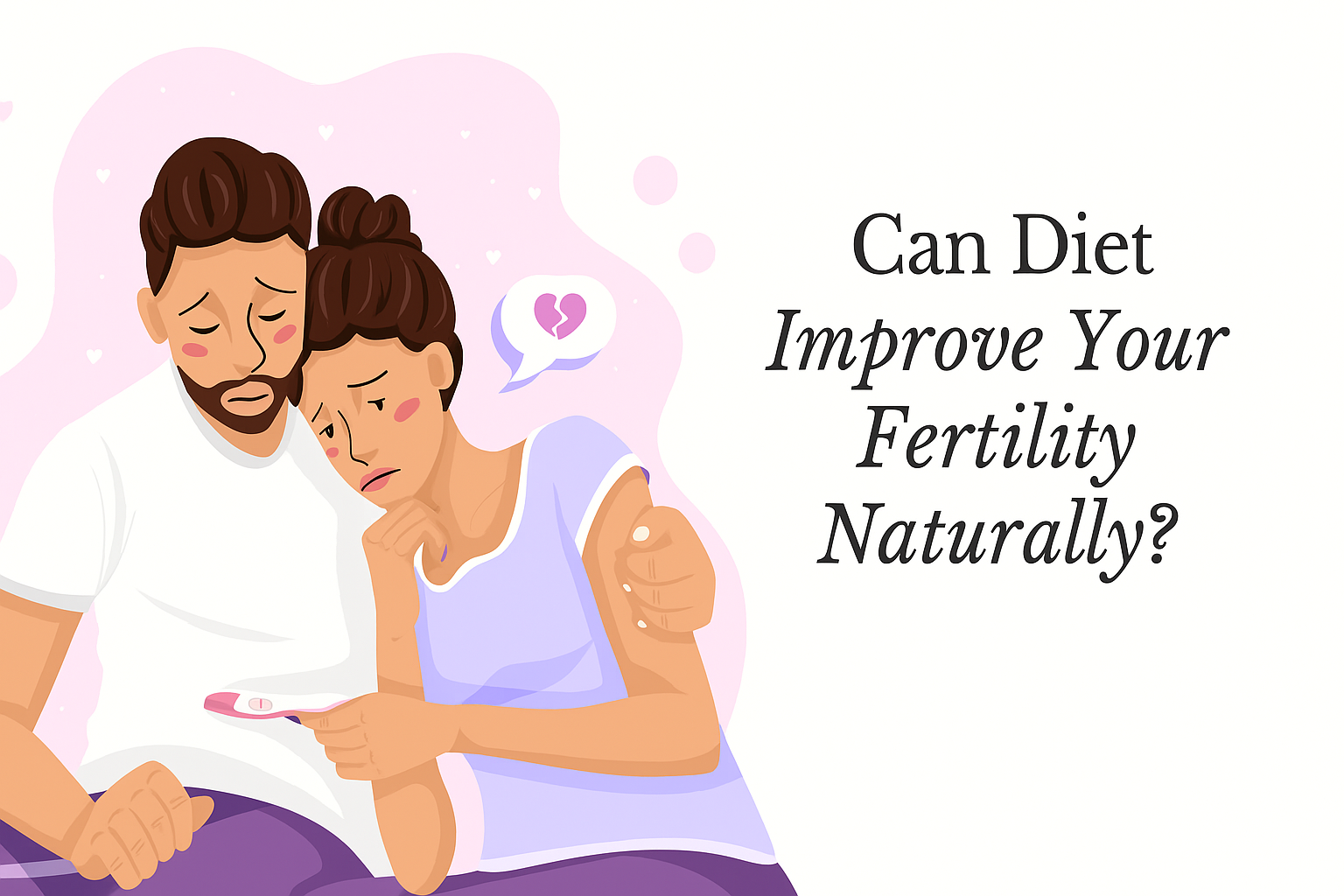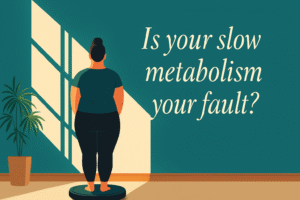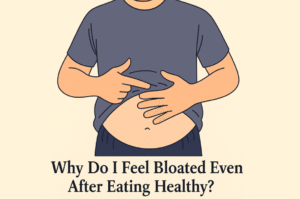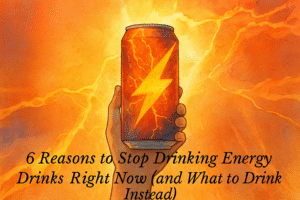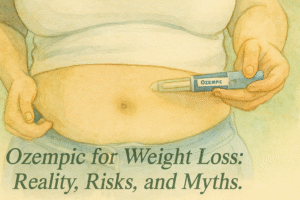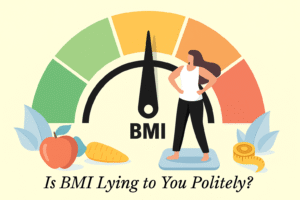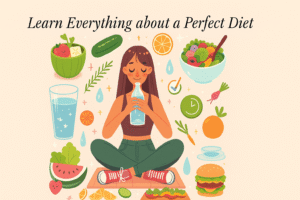Can water bring a dying plant back to life? Naturally?
Infertility is a disease affecting both men and women. According to WHO, every 1 in 6 people suffer from infertility indicating a rough figure of 186 million people. It’s like putting together Canada, Australia, and Germany… then doubling it.
Infertility1is the inability to conceive after trying for 12 months despite having regular unprotected intercourse, it happens in both men and women and caused due to complication in reproductive organs and irregular behaviour of glands, like thyroid, hypothalamus, and pituatary gland.
In the current lifestyle where norm is to start your day with caffeinated drinks and sugar, diet has become a thing of aesthetic-ness than nutrition. And by the time the concern of infertility is raised, societal thoughts, age-induced pressure, work stress pilling cloud our minds.
The question rises, “Is it possible to improve your Fertility by the means of right diet?”, Dietician, Poonam Sagar (DTPS) says, “It certainly is!”. She continues- “You are what you eat, this doesn’t mean you’ll never be diagnosed with any medical condition, but your body will surely be ready”- says DTPS.
Here, we’ll learn about the diet that can improve your fertility naturally.
1. Prioritize Plant-Based Proteins
Replacing processed meat with plant proteins (beans, lentils, nuts) lowers risk of ovulatory infertility. Even substituting 5% of energy intake from animal protein with plant protein like cut ovulatory infertility like risk by more than 50%.
“I’ve seen clients swap just one daily serving of meat with dals or nuts and notice improvements in energy, mood, and reproductive health,” DTPS says. “Always the small things that makes the big difference”.
“When I ask clients to cut down on all-purpose flour and replace it with millets, their sugar crashes reduce and their cycles get more regular,” DTPS shares.
2. Choose Slow Carbs, Not Refined Carbs
Diets with low glycemic index carbs (whole grains, legumes, vegetables) improve insulin sensitivity results in better ovulation. High refined carb diets (white rice, sugar, processed foods) spike insulin and disrupt reproductive hormones.
“When I ask clients to cut down on all-purpose flour and replace it with millets, their sugar crashes reduce and their cycles get more regular,” DTPS shares.
3. Healthy Fats Over Trans Fats
Diets high in trans fats increase infertility risk. Instead, use monounsaturated fats (olive oil, avocado, nuts) and omega-3s (fish, flaxseed, walnuts) to support egg quality and embryo development.
“Trans fats are like atom bomb (in the era of nuclear bomb),” says DTPS. “When couples switch to nuts and seeds as snacks instead of fried chips, their energy levels stabilize and reproductive health improves too.”
4. Get Adequate Iron & Folate
Higher non-heme iron (from plants) is linked to lower risk of ovulatory infertility. Folate is essential for ovulation and early embryo health. Women with higher folate intake had better success with ART (IVF) .
“You don’t need vitamin tablets even if you hit 30s..it’s a cap people are following” DTPS explains. “But building these nutrients into your meals early with spinach, beans, and citrus fruits helps prepare your body naturally for pregnancy, these prevents miscarriages”.
5. Dairy Choices Matter
High-fat dairy is associated with lower infertility risk compared to low-fat dairy. Yogurt, whole milk, and cheese in moderation can support fertility.
“It’s not about ditching dairy,” DTPS says. “It’s about choosing the right kind. A cup of homemade curd can do more good than a carton of low-fat milk stripped of nutrients.”
6. Vitamin D & B12 for Hormonal Balance
Vitamin D plays a role in ovarian function and implantation. B12 deficiency can disrupt ovulation and increase risk of infertility.
“Every second fertility case I see comes with low Vitamin D and B12 levels,” DTPS notes. “Correcting them improves mood, cycles, and overall reproductive health.”
7. Cut Back on Sugary Drinks
Sugar-sweetened sodas are linked to lower fecundability (ability to conceive) in females in the same way sugary energy drinks have on the male fertility. Switch it with water, herbal teas, or moderate coffee (1 cup/day is fine) .
“Sometimes, we mistake thirst for hunger or the need for energy supplement, the trick is to first drink a glass of glass- if you feel hungry, go for some light snack. Be it fertility or healthy weight loss, it requires you to eat healthy and cut off-time intake of food“- DTPS advises.
Conclusion
Infertility is complex – it can’t be reduced to diet alone. But food lays the foundation for reproductive health. As DTPS puts it-“The right food doesn’t guarantee a baby tomorrow, but it ensures your body is ready when tomorrow comes.”
By swapping refined carbs for slow carbs, choosing plant proteins, adding healthy fats, and minding micronutrients, you don’t just improve fertility – you prepare your body for resilience. Think of it as tending the soil, “Nourish it well, and when the time is right, life has a stronger chance to bloom”.
Bibliography:
- Brugo-Olmedo, S., Chillik, C. and Kopelman, S., 2001. Definition and causes of infertility. Reproductive biomedicine online, 2(1), pp.173-185.
- Gaskins, A.J. and Chavarro, J.E., 2018. Diet and fertility: a review. American journal of obstetrics and gynecology, 218(4), pp.379-389.
- Urman B, Yakin K. Ovulatory disorders and infertility. J Reprod Med. 2006 Apr;51(4):267-82. PMID: 16737024.
- Hertzler SR, Lieblein-Boff JC, Weiler M, Allgeier C. Plant Proteins: Assessing Their Nutritional Quality and Effects on Health and Physical Function. Nutrients. 2020 Nov 30;12(12):3704. doi: 10.3390/nu12123704. PMID: 33266120; PMCID: PMC7760812.
- Clinical update: the low-glycaemic-index dietLudwig, David SThe Lancet, Volume 369, Issue 9565, 890 – 892.
- Dhaka V, Gulia N, Ahlawat KS, Khatkar BS. Trans fats-sources, health risks and alternative approach – A review. J Food Sci Technol. 2011 Oct;48(5):534-41. doi: 10.1007/s13197-010-0225-8. Epub 2011 Jan 28. PMID: 23572785; PMCID: PMC3551118.
- Iron Absorption: Factors, Limitations, and Improvement MethodsElif Piskin, Danila Cianciosi, Sukru Gulec, Merve Tomas, and Esra CapanogluACS Omega 2022 7 (24), 20441-20456DOI: 10.1021/acsomega.2c01833
- Chavarro JE, Rich-Edwards JW, Rosner B, Willett WC. A prospective study of dairy foods intake and anovulatory infertility. Hum Reprod. 2007 May;22(5):1340-7. doi: 10.1093/humrep/dem019. Epub 2007 Feb 28. PMID: 17329264.
- Várbíró S, Takács I, Tűű L, Nas K, Sziva RE, Hetthéssy JR, Török M. Effects of Vitamin D on Fertility, Pregnancy and Polycystic Ovary Syndrome-A Review. Nutrients. 2022 Apr 15;14(8):1649. doi: 10.3390/nu14081649. PMID: 35458211; PMCID: PMC9029121

